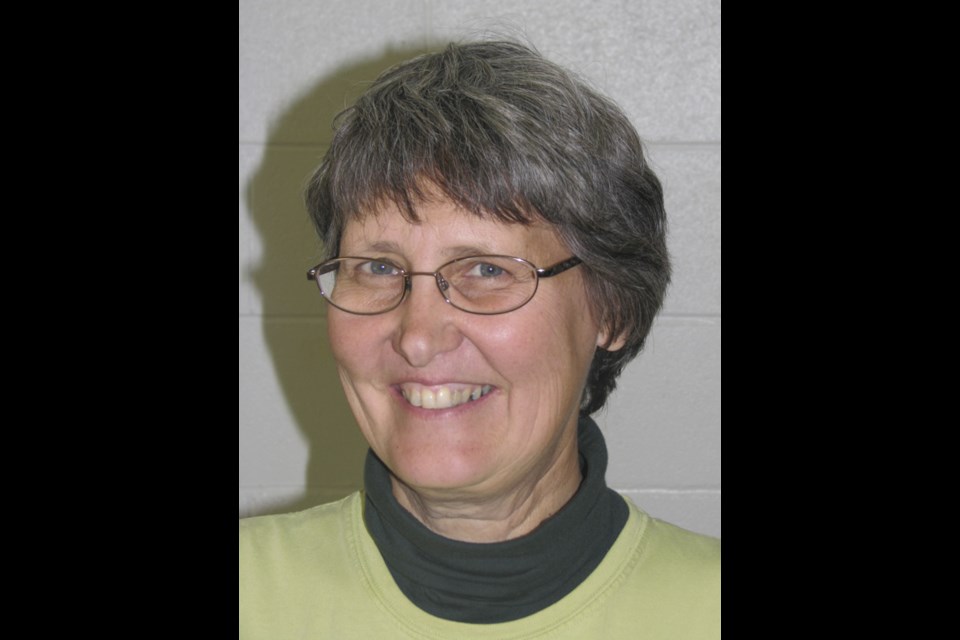UNITY — June is National Indigenous History Month and June 21, the summer solstice, is National Indigenous Peoples Day. As well as recognizing and celebrating the unique heritage, diverse cultures and the contributions of First Nations, Inuit and Métis peoples, what about taking a harder look at the history of European peoples?
Canada Day is also almost here and we will celebrate Canada’s 155th birthday. Nothing wrong with celebrating Canada Day but we need to recognize Canada didn’t really begin with the British North America Act signed by the British and the French. Indigenous people were on this land for thousands of years beforehand.
Archaeologist and journalist Tom Phillips has written a book, Humans: A Brief History of How We F***ed It all Up. A chapter called “Super Happy Fun Colonialism Party” describes “the human compulsion to explore” as “one of our defining characteristics.” When Christopher Columbus set out on his famous voyage in 1492, Phillips says, “That year was right near the beginning of what is commonly called the ‘Age of Discovery,’ although it was only really discovery if you weren’t one of the people already living in the places being discovered.”
There is a meme that turns the history we have been taught on its head. The meme shows the three ships of Columbus on the ocean waves, leaning into the wind. The words say: “1492: The year Native Americans discovered Columbus lost at sea.”
As most of us in Canada know, the Vikings were actually the first Europeans to reach the New World. But did you know that, according to Phillips, in the first meeting between Europeans and actual Americans, “the Vikings found a group of 10 natives sleeping under their upturned canoes, and so they murdered them?”
When Columbus accidentally sank the Santa Maria on the shores of Hispaniola in 1492, the population of the indigenous Taino people was in the hundreds of thousands. Twenty years later, “after the Spanish introduced mining, slavery and disease, there were only 32,000.”
Phillips says “a fairly conservative estimate is that 90 per cent … [of the population of the Americas] died from a combination of disease, violence and forced labor.” That is a figure in the tens of millions. The estimated total deaths as a result of European colonialism in the 20th century– not just in the Americas, but also Africa, Australia, New Zealand and a number of island nations – are 50 million.
Research on the “doctrine of discovery” reveals that it was the pope in the 15th century who proclaimed Europeans were the ones to discover the lands we call North and South America. The claim of discovery was based on the criterion that one had to be Christian to be considered human. There were no Christians here so the land was considered “unoccupied” and therefore wide open for Christian European powers to invade and to claim for themselves. And since they weren’t Christians, it was considered perfectly all right to subjugate and assimilate the people found living here.
What is one of the most widely known Christian precepts? I would say it is to “Love your neighbour as yourself.” But sadly, the history of colonialism is definitely not one of “loving one’s neighbour as oneself;” instead it is one of exploiting Earth’s resources, grabbing land and indulging in racism and oppression.
What was lost to the world as a result of European Christians thinking everything and everyone in the world was put there for their exclusive taking? How many cultures have been wiped out? How much human history destroyed? How much wealth illegitimately transferred from one part of the world to another? How much might we have been able to learn from those peoples who are no longer here?
For those original peoples who are still here, let’s help them out by changing our language, by no longer referring to the “discovery” of the Americas by either the Vikings or Christopher Columbus. Let’s acknowledge others have had a far longer and greater connection with these lands.




